INSPIRED BY AOTEAROA DEVELOPMENT COOPERATIVE


I suspect a story of young New Zealanders who take off to backpack through Myanmar would scarcely make you bat an eyelid.
What might grab your attention however, is what they did next.
This particular group of Kiwis just couldn’t forget the taste of real poverty they encountered in a rural village in northwest Myanmar. Their enthusiastic discussions about the potential transformative role of microfinance weren’t simply left at the airport. Instead, the backpackers launched into action once back in New Zealand. They pooled their resources to develop Aotearoa Development Cooperative (ADC) and bring to life their discussions about helping poverty-stricken communities.
How it works
ADC grants small loans to poor business owners in Myanmar and Malawi. These budding entrepreneurs have usually been shunned by the formal financial sector due to their low and often unreliable incomes, and their lack of collateral against which lending can be secured (i.e., they have nothing the bank could seize if they fail to pay back the loan).
ADC usually lends to groups of around five people, who then become accountable for each other’s loans. Each person is loaned around $200, with a repayment plan of 3 – 12 months.

#backawomen
If you are anything like me, words like “microfinance” and “collateral” cause my brain to close up like a zip. ADC (thankfully) recognises this. Instead of throwing out more jargon, ADC brings the story of what it does back to the people it serves.
Example: “If I didn’t cook, my husband would beat me. But when you have no money to buy rice, how can you cook?” – ‘On the Backs of Women’
It’s powerful. And it’s real. ‘On the Backs of Women’ is an award-winning documentary of three entrepreneurial Burmese women working their way out of poverty. Production company Borderless has teamed up with ADC to reflect the stories of hardship that initially sparked the idea of ADC.
The doco is the backbone (excuse the pun) of the #backawomen movement. It is clearly an effective tool to engage with a wider audience; over $10,000 have been raised through private screenings so far.
Apart from the #backawomen fundraising movement, it is regular donors who make up ADC’s “lifeblood”. The organisation also holds events like the recent cocktail event “Summer in the City” in Auckland (ADC partnered with CHIA to put on some rather delicious CHIA-infused cocktails!).
“When women are left behind, society is left behind”
ADC recognises what so many traditional financial lenders don’t; women work incredibly hard to keep their families together in the face of poverty. In Myanmar, over 80% of ADC’s clients are women. They are the rickshaw drivers, the vegetable traders and the weavers. “Women globally have faced fewer opportunities to access financial services, and ultimately face higher rates of poverty.”

A catalyst for change
“Many people in poor communities are industrious, resourceful and masters of their own destiny. What they need is access to capital and a bit of support. Our core purpose is to provide both.”
ADC doesn’t solely focus on doling out money. A key element to ADC’s operations is on-the-ground support. In both Myanmar and Malawi, ADC has partner organisations who know their community, understand the local culture and business environment, and who are dedicated to making microfinance successful for their borrowers.
Once a loan has been approved, staff meet with groups regularly, taking the time to build supportive and trusting relationships. Once loans have been repaid, borrowers are eligible for another (usually larger) loan. This allows a borrower to significantly expand their business over time, providing more opportunities for their family and community. A repaid loan also means that the funds can be loaned out to another recipient, multiplying the positive impact of that initial donation.






